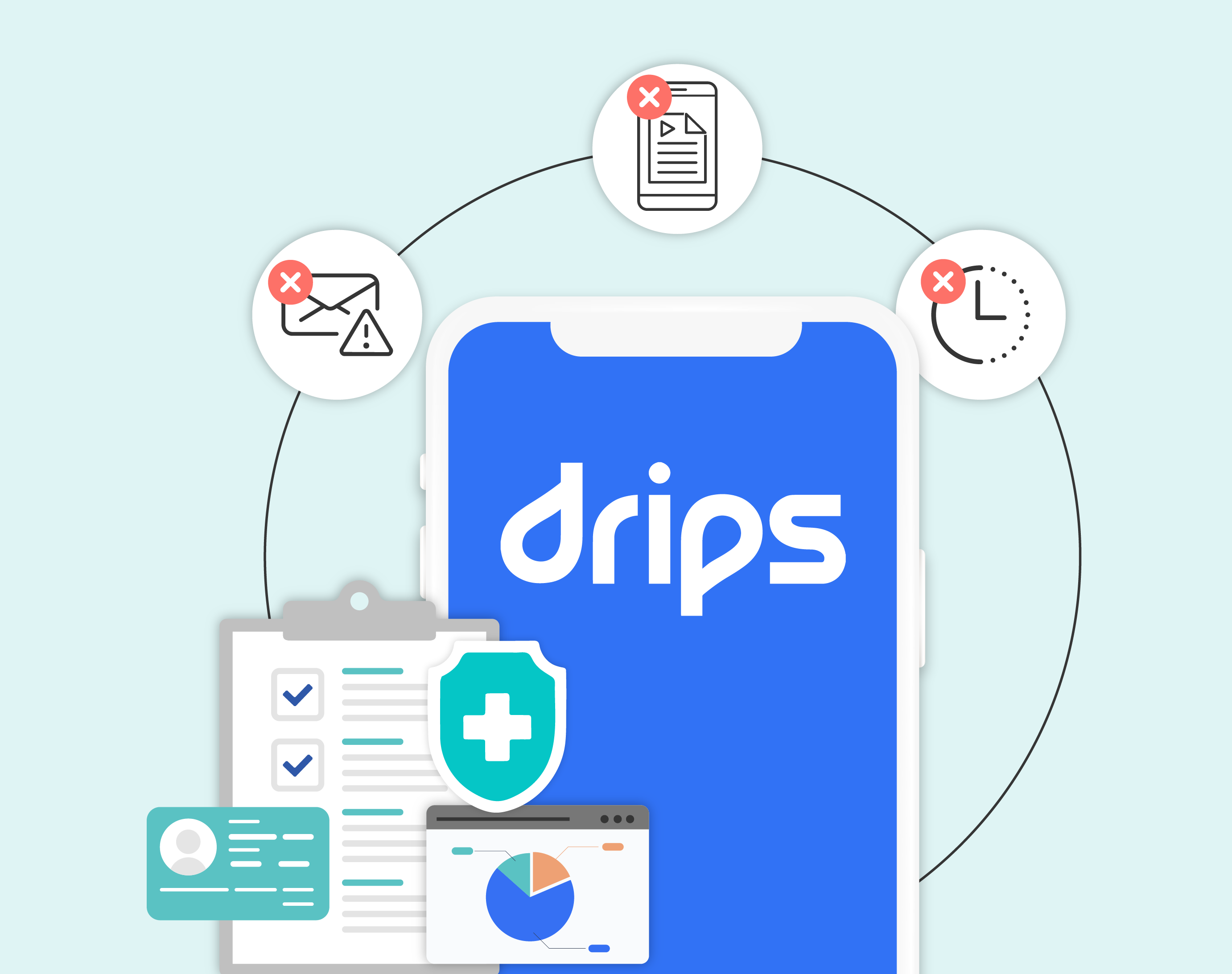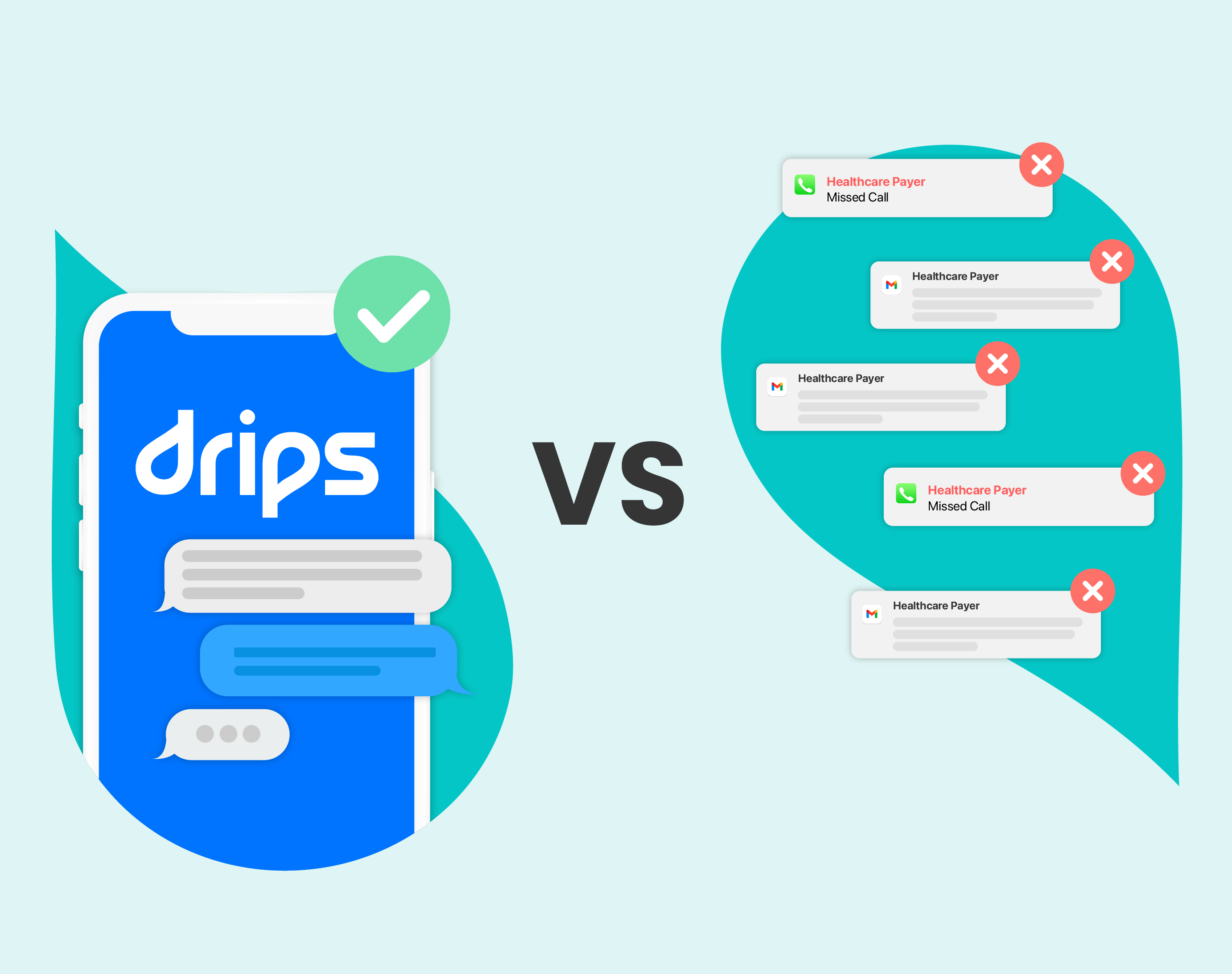What Makes a Successful CMR Strategy?
Comprehensive medication reviews (CMRs) are detailed reviews of a member’s medications by a pharmacist on behalf of a healthcare company, such as an insurer. Along with other Medication Therapy Management (MTM) tools, CMRs allow pharmacists to identify medication related issues and develop a plan to resolve them. This can help avoid expensive emergency costs. One study found that certain patients averaged an almost 17% lower cost of care when they had completed a CMR (CardinalHealth). CMRs can also improve member experience, which is great for consumers and can increase the all-important Medicare Star Ratings for payers.
So, we know that CMRs are important, but what makes a successful CMR strategy? In our view, one of the most important factors is using effective outreach to make sure members are aware of how a CMR can benefit their health.
CMR Outreach Challenges
Why is it a challenge to get members to complete CMRs? First, there’s the basic challenge of just getting their attention. Here are some not-so-fun facts: Did you know that 81% of consumers don’t pick up the phone for unknown callers (Pew Research Center)? Or that 63% of members fail to engage with outreach from their health plan (McKinsey)? One reason for this is that everyone is bombarded daily by notifications from dozens of brands. Even though members may be willing to complete a CMR, they struggle to prioritize CMR outreach amidst all the noise.
Unfortunately, messages asking members to complete a CMR have some disadvantages compared to other marketing messages.
- CMRs require time to complete properly — typically around 30 minutes (CardinalHealth).
- They must be completed by a trained pharmacist, making scheduling more challenging.
- They are complex, and members may not immediately understand the value of completing the process.
- CMRs can be uncomfortable, as health matters tend to be sensitive topics that some members would rather not discuss.
With these challenges in mind, it’s no surprise that healthcare companies can struggle to achieve their CMR completion goals. So, what’s the solution?
Let’s Hop On A Call
One part of the solution is to offer and promote the option to conduct CMRs over the phone, rather than in person. Telephonic CMRs don’t require the member to travel, making the process more convenient, especially for members in rural areas. Conducting CMRs by phone also makes it feasible to serve members in many languages, as calls can be routed to a pharmacist who can speak the language needed. Finally, completing a CMR over the phone can be more comfortable for some members, as they can discuss sensitive medical topics from their own home (AJMC). For each of these reasons, offering CMRs by phone can ease friction and make members more likely to complete the process.
More Choices, More Results
Another important path to better CMR completion rates is to use a multichannel outreach strategy. Multichannel outreach refers to a broad strategy which sends your campaign message to the consumer using as many means as possible. Giving your audience more choices is a great way to improve your chances of grabbing their attention, no matter how swamped they are with outreach from other brands. According to SAP, most companies using a multichannel approach said that it improved sales, consumer loyalty and acquisition, competitive advantage, and consumer experience (SAP).
We specifically recommend using calling, voicemail, and SMS. Drips has found success using these three channels, along with persistent follow-ups, to engage members to complete regular CMRs. (In fact, we’ve seen CMRs increase by as much as 20% with this approach! More on that later.)
Conversational Outreach Can Help
CMRs are critical for improving health outcomes, boosting member experience, and achieving high Medicare Star Ratings. Drips has helped major U.S. payers implement multichannel outreach to improve their engagement. Even better, we use AI-powered Conversations as a Service. This conversational strategy engages members on their own terms, adapts as the conversation progresses, and uses language customized for a specific use case like CMRs. Here’s an example of a Drips conversation:

Compared with traditional push outreach, conversational outbound provides a much more engaging experience, while offering more flexibility than outbound calling. Best of all, when this conversational approach is powered by Drips, this personalized 1:1 approach can be achieved at scale with an efficient managed technology approach that makes integration easy.
Learn How A Fortune 25 Payer Raised CMR Completions By 20%
Drips partnered with a top U.S. payer to implement a conversational AI outreach strategy that successfully engaged members to schedule a call with a pharmacist and complete a CMR. Curious to learn how we did it? Check out the case study to learn more.







